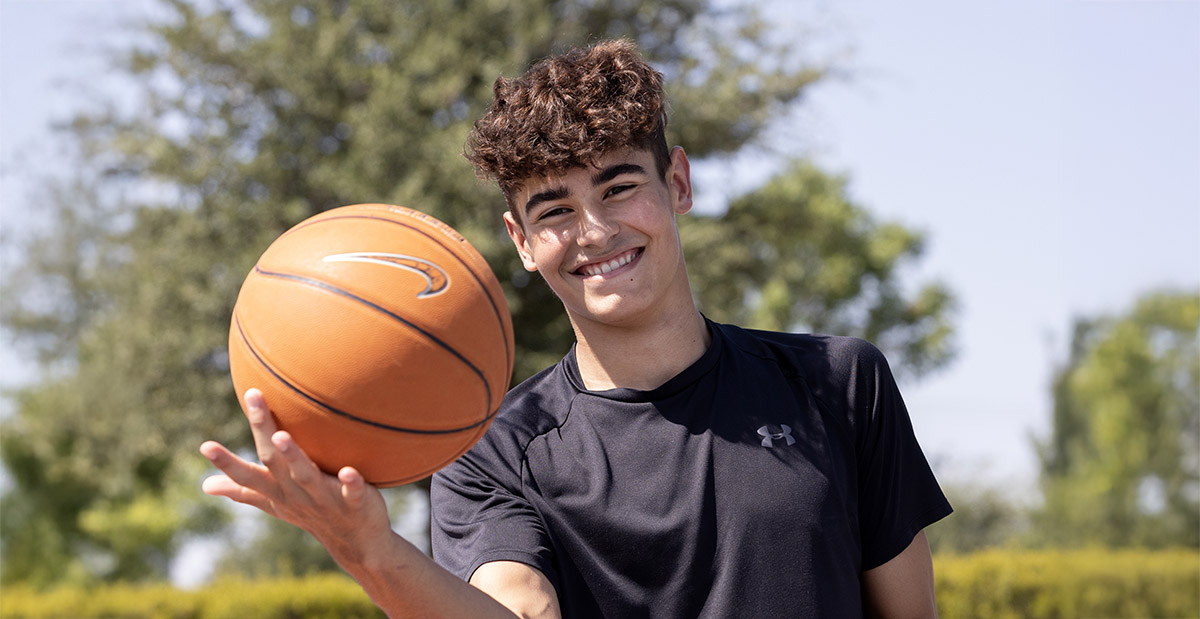Exercise, team play and goal-setting are all benefits of participating in youth sports. However, young athletes face a variety of stressors that other students do not face.
Some of these are:
- Anxiety about athletic performance can become a distraction in daily life
- Fatigue from early, late and long training hours can affect school performance
- External pressure to perform well makes it difficult to focus
Pediatric psychologist Emily B. Gale, Ph.D., ABPP says, “In general, adolescents perform well if they have coping and stress management skills in place before an injury or undesired performance occurs. Parents, coaches and teachers should support the use of healthy coping and stress management skills in low stress situations so when a high stress situation occurs, the teen is prepared.”
Here are some tips to help an athlete stay on top of his or her mental game:
- Adopt some pre-game centering techniques to clear your mind of distracting or negative thoughts (i.e. deep breathing, performance visualization).
- Use positive self-talk and realistic evaluation when things don’t go the way you hoped (i.e. highlighting what went well and what could be improved).
- Reflect on losses or negative performance with a focus on opportunities for improvement
- Encourage teammates with positive talk















